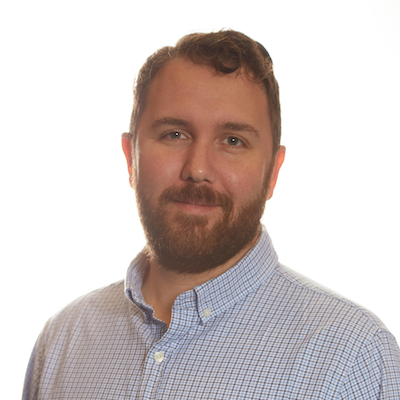Presentation: Mistakes and Discoveries While Cultivating Ownership
This presentation is now available to view on InfoQ.com
Watch video with transcriptWhat You’ll Learn
- Hear how individual contributors at Netflix are allowed to take ownership of their projects, and how they empower their team to accomplish their tasks.
- Learn how to have smoother conversations within a team to cultivate a culture of ownership and create a team of independent leaders.
Abstract
At Netflix, we pair a strong sense of responsibility for outcomes with the freedom to choose how those outcomes are met to let people do their best and most-impactful work. My path to cultivating a culture of Ownership on our team was twisted and full of missteps. To help us talk about it and increase it routinely, our team created a model of the five levels of Ownership:
- 0. Demonstration - Watch me do it. Ask good questions.
- 1. Oversight - Run it by me. Expect a lot of revisions.
- 2. Observation - I’ll watch you do it with occasional high-level guidance.
- 3. Execution - You do it independently, with random check-ins for me to stay aware.
- 4. Vision - Tell me what we should do.
We also discovered necessary precursors - purpose, freedom, trust and safety. In this talk, I’ll share my well-intentioned mistakes and what we’ve learned so far.
What's the motivation for your talk?
I've learned a lot as a manager about cultivating ownership on our team. I wish I could say that I learned it the easy way. I actually learned the hard way. I feel like I discovered the many different ways that creating ownership breaks down between a manager and their team and within people on the team. I want to share the mental framework that we use to think about a lot of different levels of ownership and also different failure modes. Being able to have that framework and terminology takes something that's you kind of aware of in the background and puts it right clear front and center and can be something you talk about in one on ones, or you can talk about even in larger team meetings depending on what kind of culture and flexibility you have on the team. This can be the kind of thing where I'm going to do it, you're going to watch and ask good questions all the way to the other end of the spectrum where you're taking the lead on this.
Within that spectrum is where the gray area happens, and I have experienced various levels of mismatch and understanding what level we were at. And even if we have been in agreement about what level we're at, being at the wrong level of ownership for the time. I'm sharing how we think about that and also the stories of those missteps along the way as a way of humanizing it, making also approachable.
How would you describe the persona and the level of a target audience?
It's for anyone who is responsible for leading projects and tasks with other people. This talk would not really be for someone who's going to be heads down themselves. They may get some benefit with understanding their relationship with the people that are delegating work to them or figure out how to share in those responsibilities. But the real target audience for this talk is people who are in that leadership position, could be team lead, could be principal engineer, could be a manager, could be the most senior software engineer in a team. But if you're in that realm of being the default owner of something and need to transfer that ownership to various extents to others, this talk is there to help.
What do you want this persona to walk away with?
Hopefully, new tools to have smoother conversations with different people on their team, and that smoother conversations will lead to healthier projects and also help that person to scale themselves as they can more rapidly transfer ownership when appropriate to other people.
Similar Talks
License Compliance for Your Container Supply Chain

Open Source Engineer @VMware
Nisha Kumar
Observability in the SSC: Seeing Into Your Build System

Engineer @honeycombio
Ben Hartshorne
Evolution of Edge @Netflix

Engineering Leader @Netflix
Vasily Vlasov
Optimizing Yourself: Neurodiversity in Tech

Consultant @Microsoft
Elizabeth Schneider
Monitoring and Tracing @Netflix Streaming Data Infrastructure

Architect & Engineer in Real Time Data Infrastructure Team @Netflix
Allen Wang
Future of Data Engineering

Distinguished Engineer @WePay
Chris Riccomini
Coding without Complexity

CEO/Cofounder @darklang
Ellen Chisa
Holistic EdTech & Diversity

Holistic Tech Coach @unlockacademy
Antoine Patton
Exploiting Common iOS Apps’ Vulnerabilities

Software Engineer @Google
